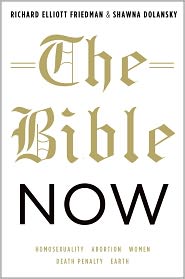Happy Bloomsday
It’s a holiday for James Joyce fans, a holiday known as Bloomsday. Joyce’s seminal 1922 novel Ulysses spans only a single day in Dublin (1904), and now we know every 16th of June as Bloomsday, so named after the novel’s protagonist Leopold Bloom. Typical Bloomsday activities involve including Ulysses-themed pub crawls, dramatizations, and readings. Some committed fans even hold marathon readings of the entire book.
















